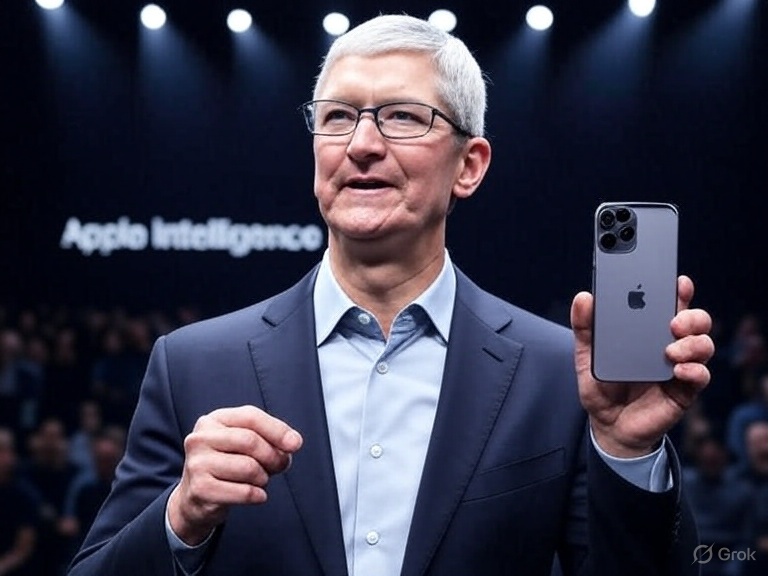
Apple’s AI Problem Overshadows the iPhone 17 Launch
The iPhone 17 lineup is finally here, but Apple’s muted approach to AI reveals a larger issue: the company is falling behind in a tech race it once claimed to lead.
Apple’s 2025 event is here, and while the iPhone 17 Pro Max and iPhone 17 Air grab headlines, the real story may be what’s missing: serious progress on Apple Intelligence.
Last year’s iPhone 16 unveiling leaned heavily on splashy demos of AI-powered features—only for Apple to later backtrack, add disclaimers, and delete promotional materials after delays pushed those features far into the future. Critics accused the company of selling “vaporware,” while frustrated users overwhelmingly called for alternatives to Siri rather than waiting on Apple’s roadmap.
This year, Apple appears to have learned its lesson. The keynote is expected to avoid big AI promises altogether, sticking to features that actually ship with iOS 26. While that may spare the company further embarrassment, it also underscores a larger issue: Apple is being cautious at a time when competitors like Google, Microsoft, and OpenAI are racing ahead with bold, consumer-ready AI integrations.
The result? Apple’s AI story feels more like damage control than innovation. The hardware may be polished, and the iPhone 17 lineup may sell in record numbers, but the company risks being seen as reactive rather than visionary in a field that will define the next decade of tech.
Apple once reshaped entire industries with the iPhone, the App Store, and the M1 chip. But in the AI era, it seems the company is content to play catch-up.